Relational Databases
Filter by
SubjectRequired *
LanguageRequired *
The language used throughout the course, in both instruction and assessments.
Learning ProductRequired *
LevelRequired *
DurationRequired *
SubtitlesRequired *
EducatorRequired *
Results for "relational databases"
 Status: NewNewStatus: Free TrialFree Trial
Status: NewNewStatus: Free TrialFree TrialSkills you'll gain: Transaction Processing, Database Management, Microsoft SQL Servers, SQL, Data Manipulation, Relational Databases, Data Integrity, Generative AI, Performance Tuning
4.3·Rating, 4.3 out of 5 stars24 reviewsBeginner · Course · 1 - 4 Weeks
 Status: NewNewStatus: Free TrialFree Trial
Status: NewNewStatus: Free TrialFree TrialSkills you'll gain: Database Design, SQL, Data Management, Databases, Query Languages, Relational Databases, Data Manipulation, Data Analysis
Intermediate · Course · 1 - 4 Weeks

Skills you'll gain: Microsoft SQL Servers, SQL, Database Design, Stored Procedure, Relational Databases, Database Architecture and Administration, Query Languages, Data Integrity, Data Manipulation, Microsoft Development Tools, Scripting, Authentications, User Accounts
5·Rating, 5 out of 5 stars6 reviewsBeginner · Course · 1 - 3 Months
 C
CCoursera Project Network
Skills you'll gain: SQL, Query Languages, Relational Databases, Data Manipulation, Data Analysis, Problem Solving
4.5·Rating, 4.5 out of 5 stars98 reviewsIntermediate · Guided Project · Less Than 2 Hours
 Status: Free TrialFree Trial
Status: Free TrialFree TrialSkills you'll gain: Oracle Databases, Operational Databases, Database Administration, Database Management, Database Architecture and Administration, Relational Databases, Data Storage Technologies, Performance Tuning, Database Management Systems, User Accounts, Disaster Recovery, Data Management, Data Storage, Role-Based Access Control (RBAC), Identity and Access Management, Authentications
Intermediate · Course · 1 - 3 Months
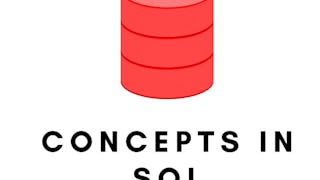 C
CCoursera Project Network
Skills you'll gain: SQL, Stored Procedure, Query Languages, MySQL, Database Management, Transaction Processing, Data Manipulation, Relational Databases
4·Rating, 4 out of 5 stars27 reviewsBeginner · Guided Project · Less Than 2 Hours
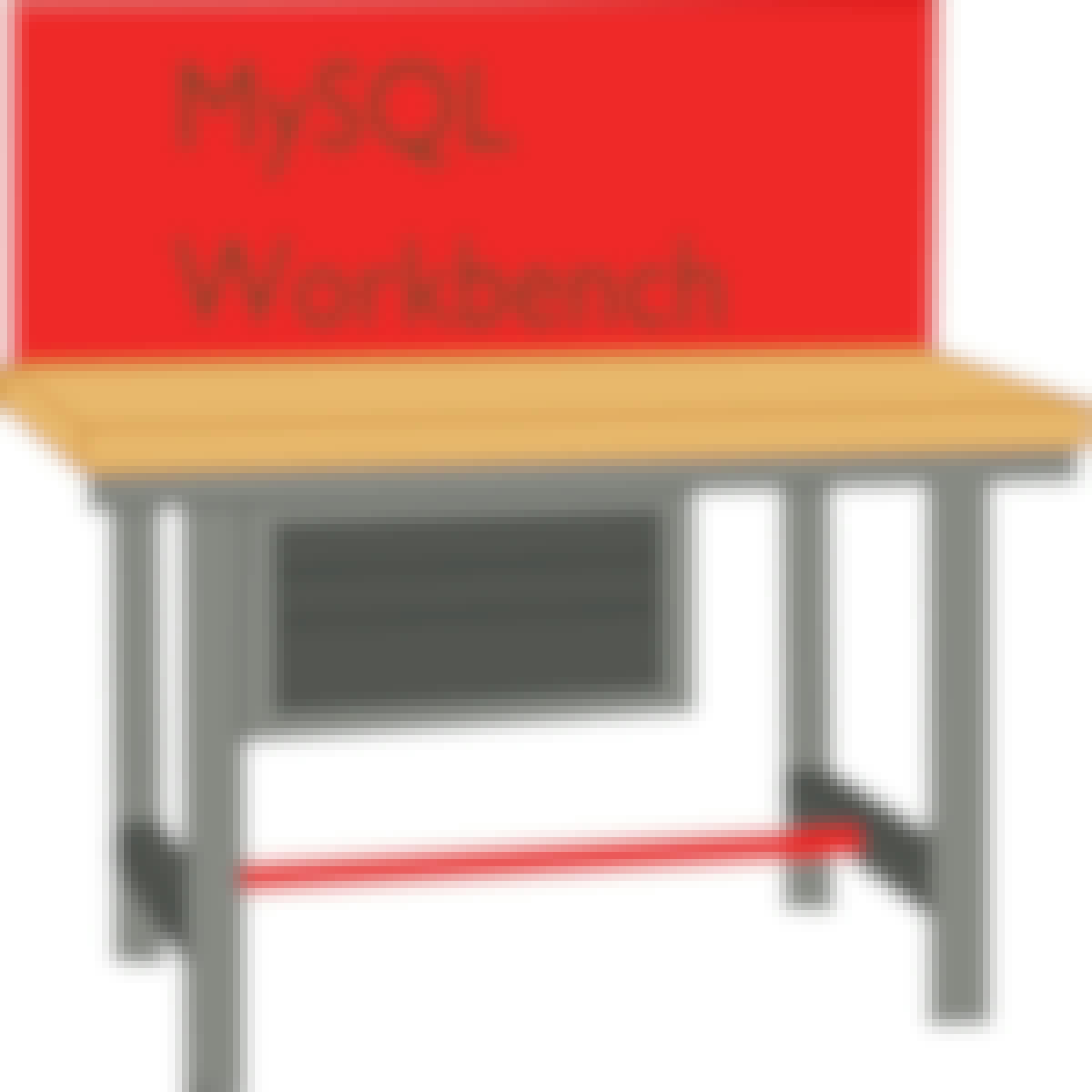 C
CCoursera Project Network
Skills you'll gain: MySQL Workbench, Database Design, MySQL, Relational Databases, Database Management, Databases, Database Management Systems, SQL, Data Modeling, Data Import/Export
4.6·Rating, 4.6 out of 5 stars62 reviewsBeginner · Guided Project · Less Than 2 Hours
 Status: FreeFreeC
Status: FreeFreeCCoursera Project Network
Skills you'll gain: Web Applications, SQL, Database Application, Data Access, Go (Programming Language), Database Management, Relational Databases, Web Development, Back-End Web Development, Secure Coding, Application Security
Intermediate · Guided Project · Less Than 2 Hours
 Status: PreviewPreviewI
Status: PreviewPreviewIIllinois Tech
Skills you'll gain: Database Management Systems, Database Design, Database Architecture and Administration, Databases, Relational Databases, SQL, Data Modeling, Query Languages, Data Integrity, Data Manipulation, Data Security
Build toward a degree
Beginner · Course · 1 - 3 Months
 Status: NewNewStatus: PreviewPreviewN
Status: NewNewStatus: PreviewPreviewNNortheastern University
Skills you'll gain: Database Design, Data Modeling, Database Management Systems, Metadata Management, Databases, Data Management, Relational Databases, Unified Modeling Language, Data Governance, Data Integrity, Data Quality, Object-Relational Mapping
Build toward a degree
Mixed · Course · 1 - 3 Months
 Status: NewNewStatus: PreviewPreviewN
Status: NewNewStatus: PreviewPreviewNNortheastern University
Skills you'll gain: Database Design, Database Theory, Database Management, Database Systems, Relational Databases, Databases, Database Management Systems, SQL, NoSQL, Data Modeling, Unified Modeling Language, Data Manipulation, Performance Tuning
Build toward a degree
Mixed · Course · 1 - 3 Months
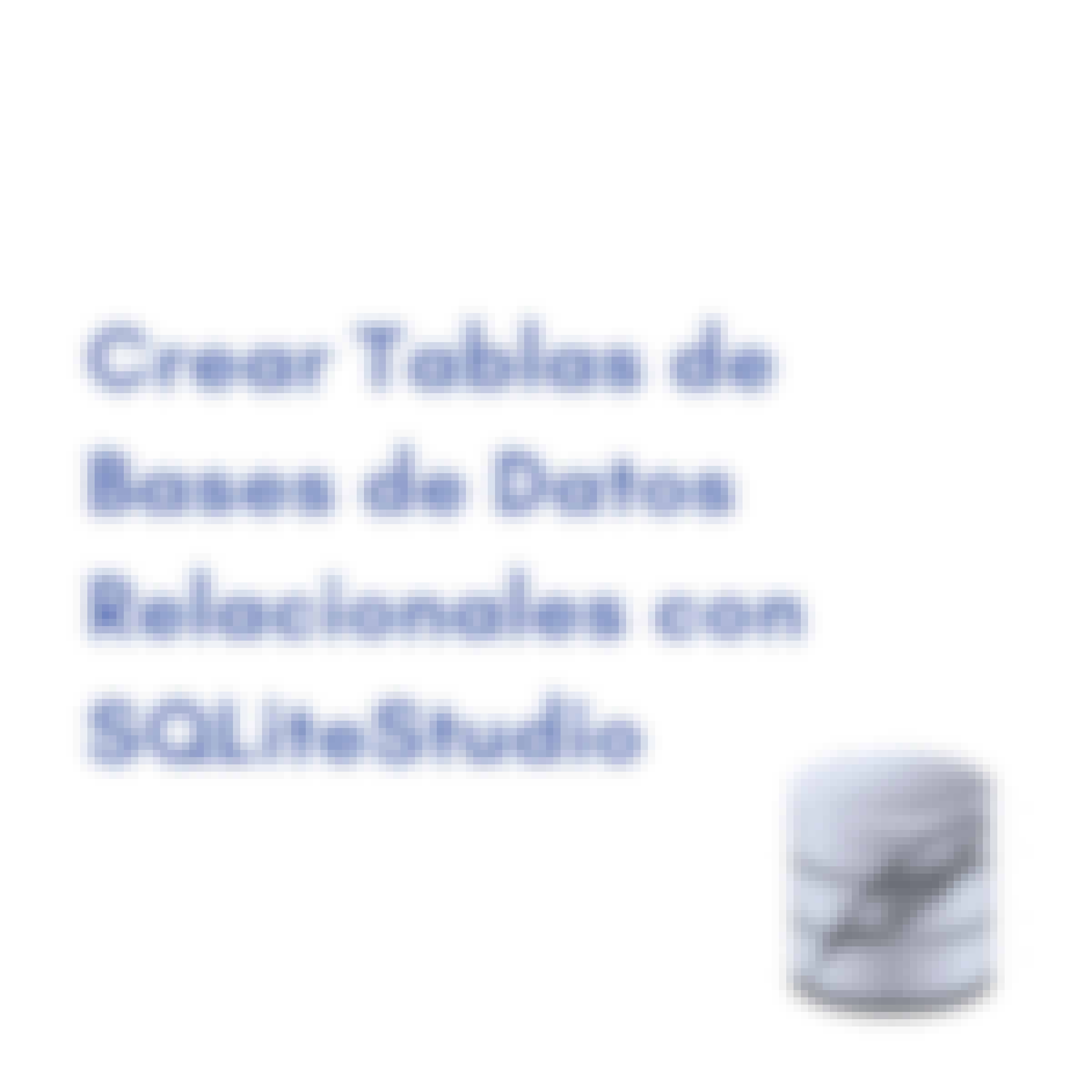 C
CCoursera Project Network
Skills you'll gain: Relational Databases, Data Management, Database Design, SQL, Databases, Database Administration, Query Languages, Database Architecture and Administration, Data Integrity, Data Manipulation
Intermediate · Guided Project · Less Than 2 Hours
Related roles
Gain the knowledge and skills you need to advance.

This role has a £52,543 median salary ¹.
 description:
description:A Data Warehouse Developer designs and optimizes data warehouses, ensuring efficient storage and retrieval for analytics using ETL processes.
This role has a £52,543 median salary ¹.
Offered by



This role has a £85,988 median salary ¹.
 description:
description:A Data Architect designs and oversees data systems, ensuring efficient storage, security, and accessibility to support business objectives.
This role has a £85,988 median salary ¹.
Offered by



Most popular
 Status: Free TrialFree TrialU
Status: Free TrialFree TrialUUniversity of Michigan
Build toward a degree
Specialization
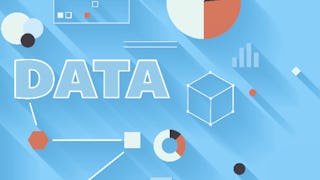 Status: Free TrialFree Trial
Status: Free TrialFree TrialBuild toward a degree
Specialization
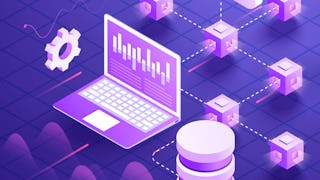 Status: Free TrialFree Trial
Status: Free TrialFree TrialSpecialization
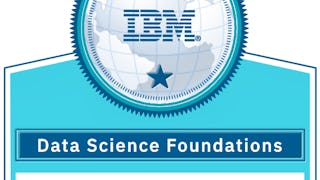 Status: Free TrialFree Trial
Status: Free TrialFree TrialBuild toward a degree
Specialization
Trending now
 Status: Free TrialFree Trial
Status: Free TrialFree TrialSpecialization
 Status: Free TrialFree Trial
Status: Free TrialFree TrialBuild toward a degree
Professional Certificate
 Status: Free TrialFree Trial
Status: Free TrialFree TrialBuild toward a degree
Specialization
 Status: Free TrialFree Trial
Status: Free TrialFree TrialProfessional Certificate
New releases
 Status: Free TrialFree TrialI
Status: Free TrialFree TrialIIllinois Tech
Build toward a degree
Specialization
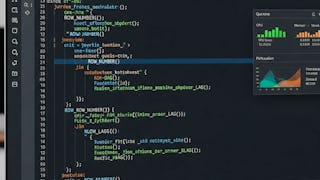 Status: Free TrialFree Trial
Status: Free TrialFree TrialSpecialization
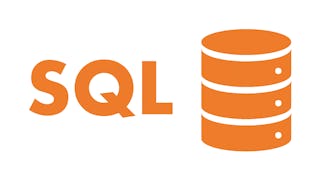 Status: PreviewPreviewU
Status: PreviewPreviewUUniversitat Politècnica de València
Course
 Status: Free TrialFree Trial
Status: Free TrialFree TrialSpecialization







